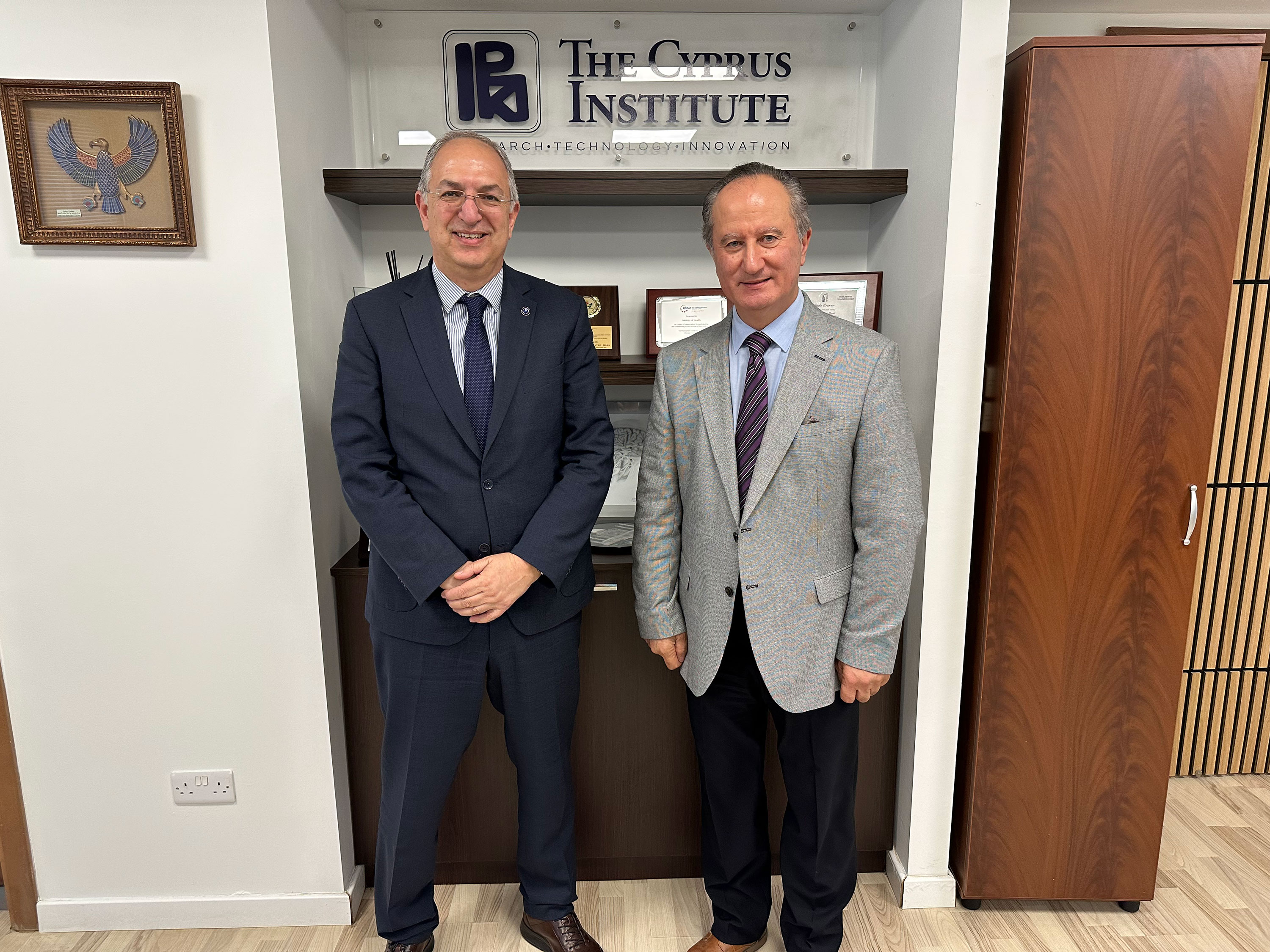Climate change and the future of seas and oceans were discussed on Friday between European Commissioner for Fisheries and Oceans Costas Kadis and president of the Cyprus Institute Stavros Malas, who said the sea level around Cyprus may rise by up to one metre.
“The Institute has a serious role to play, mainly in the field of climate change. It has been assigned the role of coordinator for the climate change initiative, that is, to determine immediate steps that we must follow, because our country, like the region, will be affected by climate change,” Malas said.
Malas said the seas and oceans that will be affected as there is a prediction that in Cyprus the sea level may rise by up to one metre.
He said Cyprus had an important role to play in shaping the next framework programme for research, adding that the Commissioner will have a role and say in the matter.
“We believe that the region, the eastern Mediterranean and the Middle East, needs special treatment and a special programme to address the impacts on it and those on Europe, because if this region and its inhabitants do not prosper, then they will obviously choose somewhere else to prosper and will migrate,” he added.
Kadis said he had the opportunity to present initiatives that are being developed, which are also of interest to the Institute, concerning the oceans’ pact, which constitutes the strategic framework for all policies on the oceans.
Within the framework of this pact, the issues of scientific knowledge and the support of these policies by scientific knowledge have a special role, he said, adding that among his initiatives is the strategy for research and innovation in ocean issues.
Kadis added that there are issues regarding the adaptation to climate change, which will be included in the strategy for research and innovation for the oceans to be supported by EU funds.
“Therefore, it is important that the priorities that will be set are formulated in a way that institutions from Cyprus, such as the Cyprus Institute, can also claim funding and develop and continue the very successful research activity in this area,” Kadis said.






Click here to change your cookie preferences